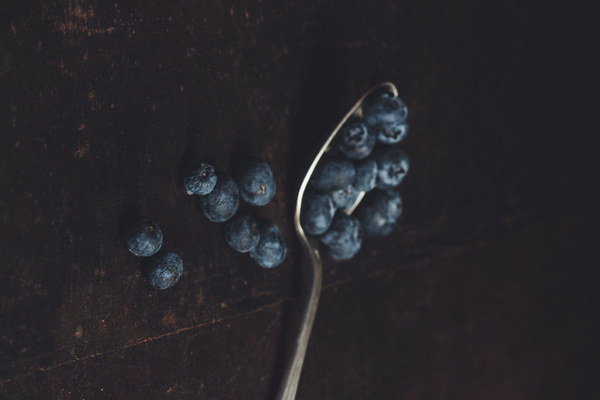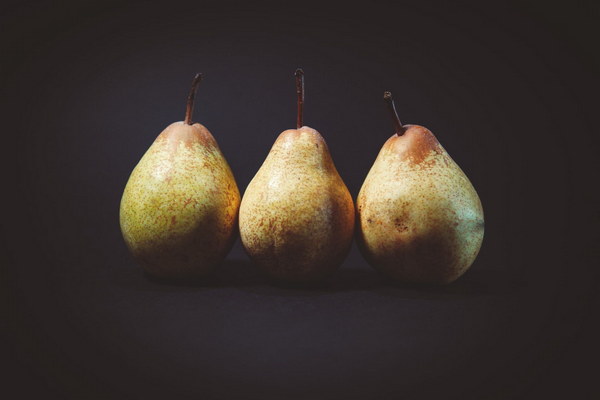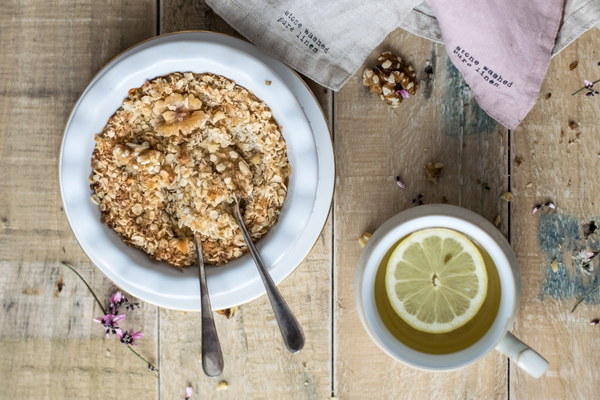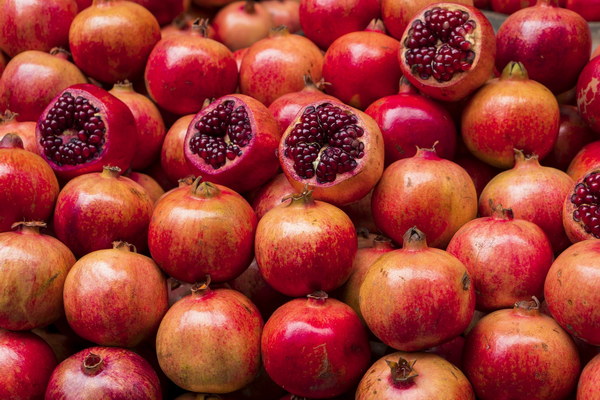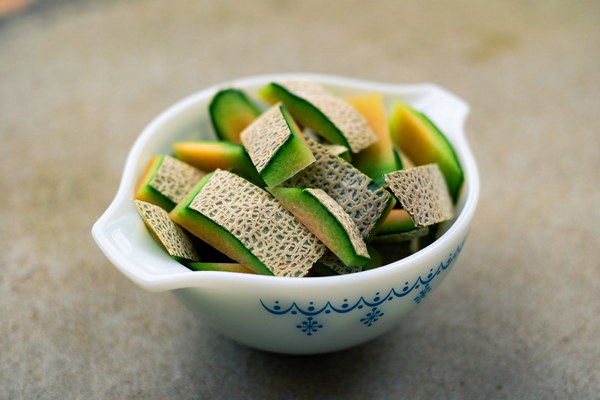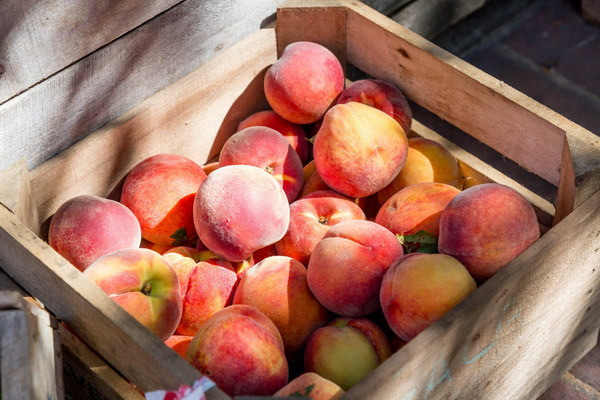Unlocking Nature's Secrets Discover the Power of Traditional Chinese Herbs for Dampness Relief
In the realm of traditional Chinese medicine, the concept of dampness is a prevalent issue that can affect the body in numerous ways. Dampness is believed to be caused by an imbalance in the body's fluids, leading to symptoms such as fatigue, weight gain, and poor digestion. The use of herbal remedies has been a cornerstone of Chinese medicine for centuries, and among these, dampness-relieving herbs have gained popularity for their effectiveness in alleviating the symptoms of dampness. Let's delve into the world of dampness-relieving Chinese herbs and explore their benefits.
One of the most well-known dampness-relieving herbs is Atractylodes macrocephala, commonly known as cang Zhu. This herb is renowned for its ability to eliminate dampness and improve digestion. Atractylodes macrocephala is often used in combination with other herbs to create customized formulas that cater to individual needs. Its active compounds, such as atractyloside and atractylodin, are believed to stimulate the liver and spleen, which are key organs in the digestion process.
Another herb that stands out in the dampness-relieving category is Poria cocos, or Fu Ling. Poria cocos is a mushroom-like herb that has been used in traditional Chinese medicine for thousands of years. It is known for its ability to absorb excess moisture from the body and improve urination, thereby alleviating the symptoms of dampness. Poria cocos also contains antioxidants that help to boost the immune system, making it a versatile herb for overall health.
One of the most popular dampness-relieving formulas is Bai Zhu San, which translates to White Atractylodes Powder. This formula combines the power of Atractylodes macrocephala with other herbs such as Alisma orientale, or Ze Xie, and Pinellia ternata, or Ban Xia. These herbs work together to drain dampness, improve digestion, and alleviate symptoms such as bloating, abdominal pain, and fatigue.
For those suffering from dampness-related skin issues, such as eczema or psoriasis, the herb Phellodendron amurense, or Huang Bai, can be a valuable addition to their treatment regimen. Huang Bai is known for its ability to detoxify the blood and relieve dampness, which can help reduce inflammation and improve skin health.
In addition to the above-mentioned herbs, there are several other traditional Chinese herbs that can aid in the relief of dampness:

1. Alisma orientale (Ze Xie): This herb works to drain dampness and improve urination, making it a valuable addition to dampness-relieving formulas.
2. Pinellia ternata (Ban Xia): Ban Xia helps to transform phlegm and relieve dampness, making it beneficial for those with dampness-related respiratory issues.
3. Astragalus membranaceus (Huang Qi): Huang Qi is an adaptogenic herb that supports the immune system and helps to drain dampness.
4. Curcuma longa (Turmeric): This popular spice has anti-inflammatory properties and can help to relieve dampness by promoting the circulation of fluids in the body.
When incorporating dampness-relieving herbs into your routine, it is important to consult with a qualified practitioner of traditional Chinese medicine. They can provide personalized advice and create a formula that suits your specific needs. While dampness-relieving herbs can offer significant benefits, they should not be used as a substitute for professional medical advice or treatment.
In conclusion, the world of dampness-relieving Chinese herbs is vast and fascinating. These natural remedies have been used for centuries to improve overall health and alleviate the symptoms of dampness. By exploring the power of traditional Chinese herbs, individuals can unlock the secrets of nature and discover the benefits of these time-honored remedies.


